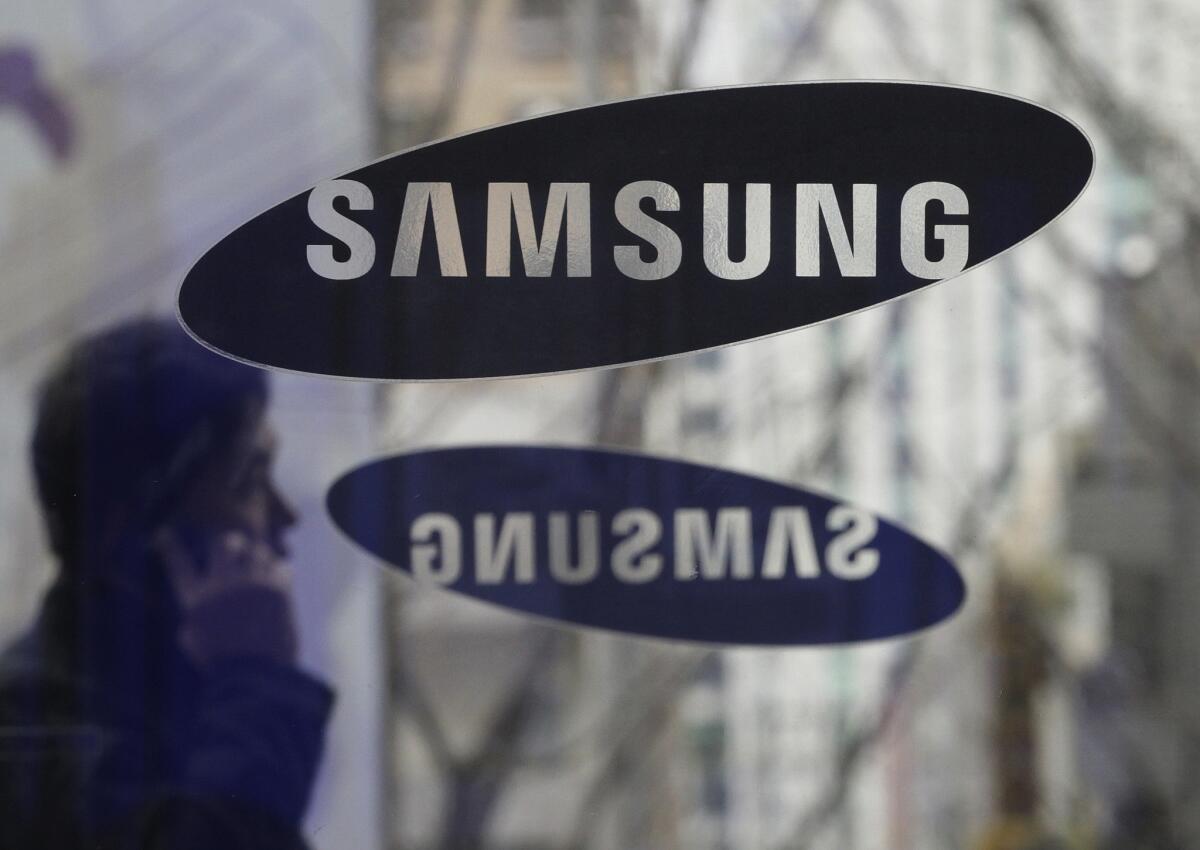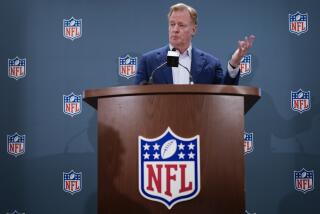Apple and Samsung make opening statements in second patent case

SAN JOSE -- Setting aside all the technicalities of patent law and intricate technologies in smartphones, the second trial involving Apple and Samsung comes down to each side trying to stick the other with an unflattering label.
During opening statements Tuesday in a federal courtroom, both sides debuted their strategies that at times seemed as much about swaying a jury as it is about shaping public perception about the two companies.
Apple called Samsung a copycat. Faced with the runaway success of the early iPhones, Samsung simply copied key features of the iPhones in a desperate attempt to catch up, Apple alleged.
“The evidence will show that Samsung copied the iPhone,” Apple lawyer Harold McElhinny said. “And it also took many novel Apple inventions. It copied many, many features.”
Samsung is calling Apple a sore loser. After initially innovating with the iPhone, Apple found itself falling behind in recent years as Google’s Android operating system, used by Samsung and others, became the leader. Rather than competing, Apple launched what Steve jobs called a “holy war” involving suing companies like Samsung that used Android.
“What this case is really about is Apple trying to limit consumer choice and to limit the advantage of its main competitor, Google’s Android,” said Samsung attorney Peter Quinn. “It’s trying to gain from you in this courtroom what it’s lost in the marketplace.”
In 2012, a jury awarded Apple $1 billion in its first patent trial against Samsung. That verdict has since been appealed, reduced, retried, and re-appealed.
This second trial is expected to last a month and will focus on products such as the Samsung Galaxy S3 and the Galaxy Tab 2. Apple says these products violated five of its patents, including the Siri voice, the slide-to-unlock function, auto correct software and the ability to search the Internet and use the phone at the same time.
During his presentation, McElhinny played a video clip from 2007 of Steve Jobs unveiling the first iPhone. He then talked about the panic that created among companies like Samsung who were alarmed at how quickly the iPhone seemed to redefine the smartphone market.
“We’re here because of how one competitor, Samsung Electronics, chose to reach to the iPhone,” he said. “Once the iPhone went on sale, Samsung pretty quickly recognized two things. First, the iPhone was taking the world by storm. Consumers loved it. But the other thing Samsung realized is that it simply did not have a product that could compete successfully against the iPhone.”
Apple is asking jurors to award more than $2 billion. Quinn, representing Samsung, said that amount was outrageous. Quinn said the five features in question were relatively minor ones that played little role in consumers’ decisions about whether to buy a smartphone.
He also said that Apple’s legal assault was the result of its own panic that the iPhone was losing ground to phones running Google’s Android operating system. Although Samsung is the defendant, Quinn said Apple’s real intent was to go after Google which designed the Android software.
Quinn displayed an email from Jobs that contained an agenda for a management retreat that included an item calling for a “Holy War” against Google in 2011.
Samsung is also alleging that Apple violated two of its patents that relate to transferring information over mobile networks. Unlike Apple, Samsung is seeking only $7 million, suggesting the infringements are trivial.
As was the case in the first trial, the products involved are already dated and hardly Samsung’s top sellers. Samsung is preparing to release the Galaxy S5 smartphone, for instance.
One big difference in the first trial and this second trial is that this time the patents focus more on utilities and functions and less on design.
That means compared with the first trial, when Apple primarily had to show that two versions looked similar, Apple this time will have a more complex challenge explaining the technical guts of some of these functions. Because the patents address such underlying features, it’s possible that if Apple wins, Google, which developed the Android operating system used by Samsung and many other smartphone manufacturers, would have to make changes to the software.
ALSO:
iPhone 6 to go into production in May, report says
Gmail Shelfies (shareable selfies) continue April Fools’ jokes
April Fools’ Day tech roundup: GIF bombs, artificial partners and more







